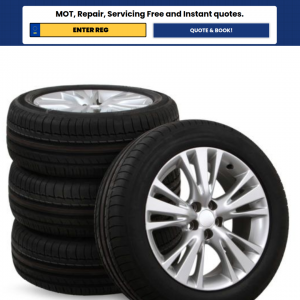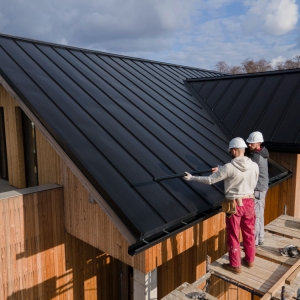With the arrival of winter, car owners start to get some basic services for their vehicles done. From getting the battery checked to ensure that the engine is working properly, there are a lot of important things that one needs to do. But during this time, drivers forget to take a look at the tyres of the vehicle, which are the only point that keeps the vehicle in contact with the road. And one might not know this, but the change in weather can highly impact the tyres of your vehicle, especially the tyre pressure. And if you are ignoring this, then you are causing issues with your own safety, fuel efficiency and overall life span of your car tyres. But no worries, as we're here to help you. Through this blog, we'll be providing you with a detailed breakdown of how the winter weather season and the drop in temperature can impact the tyres of your vehicle. So, let's start with the blog and help you get the best driving experience with the drop in temperature.
Reason for Tyre Pressure Dropping in Winter
The first thing that you should know is how your car's tyre pressure is impacted during the winter. Well, the reason for that is quite simple: as the temperature drops, the air inside your car tyres Newtown will compress. And as this year progresses, the air pressure inside your car tyres will reduce, making your car tyres under-inflated. BJ studies have also shown that if the temperature drops are only 10 degrees Celsius, the air pressure will reduce by 1 to 2 PSI. This might not look that big to you, but this drop can increase with the drop in temperature. A lot of drivers have also reported that the tyre pressure light turns on more often during winter, and the reason for that is the dropping temperature and pressure. And some people ignore this sign of low tyre pressure, but they don't know that if the tyre pressure is low, then it will impact the car’s handling, fuel efficiency, and overall safety. That is why experts would advise getting tyre pressure checked from time to time during winter.
Low Tyre Pressure Impact on Driving
If you're driving your vehicle with underinflated tyres, then you can face issues like:
- First of all, the grip vehicle on to surface will reduce. The reason for that is if the tyres are underinflated, then they flatten, and this flattening will increase the tyre surface touching the road. Many consider this a good thing, but it will actually reduce the responsiveness of tyres and can weaken their traction with the surface. And this will get even more dangerous on wet, icy, or snowy roads.
- Your vehicle will also become unsafe if you are driving with underinflated tyres. The reason for that is that our vehicle's braking distance will increase because the cold weather will reduce the tyre flexibility. And this increase in breaking distance can make the whole difference between you stopping safely and you meeting with an accident.
- You will also notice that the fuel efficiency of your vehicle will also reduced if the tyres are underinflated. The reason for that is that as the temperature drops, the tyre pressure will reduce, and its rolling resistance will also increase. And the more the rolling resistance, the more energy will be the energy consumption by your car's engine. Various studies have also shown that there is an increase of around 10% in fuel consumption by vehicles in winter. And as winters already impact the performance of your car's engine, the low tyre pressure will put more load on it.
- Uneven and fast wearing of tyres is also a big issue that vehicle owners face during winter. Because the tyres are underinflated and their contact area with the road is greater, you will find more wear on the outer edges.
Low Tyre Pressure Sign for Winter
Some signs show that the air pressure of your car tyres Wolverhampton is low, and these are some signs that you can look out for during winter:
- If you find the TPMS light is on.
- If your car's steering wheel starts to feel heavier.
- If your car is being pulled to one side.
- If your car ride is feeling bumpy.
- If the road noise is more than usual.
- Use the fuel efficiency of the vehicle to reduce.
Conclusion
Winter is not just harsh for us humans, but it can also be harsh on your cars, especially the tyres. With the drop in temperature, the air pressure inside the tyres also reduces. This can make your vehicle quite unsafe. But by making some checks on time and ensuring that your car's tyre pressure is at the right level, you can have a safe and secure vehicle. Here we have provided you with a detailed breakdown of the reasons that lead to a reduced tyre pressure in summer, and what issues it can cause. So, make sure to keep your car's tyre pressure in check as winters arrive and have an excellent driving experience.







